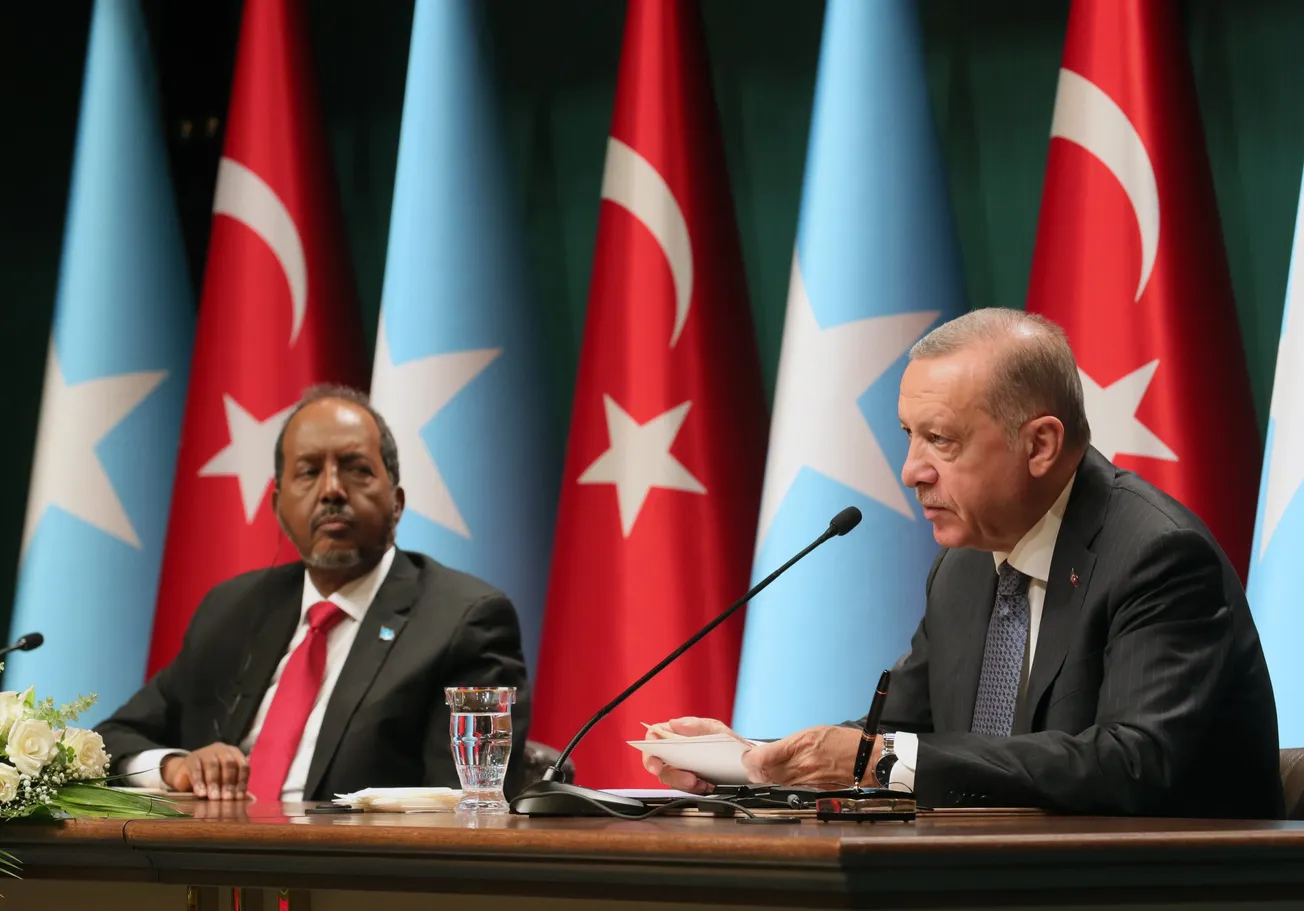Table of Contents
On 1 January 2024, a memorandum of understanding (MoU) was signed between Ethiopian Prime Minister Abiy Ahmed and Somaliland President Muse Bihi Abdi. This MoU stated that Somaliland would lease 19 kilometres of its Gulf of Aden coastline to Ethiopia around the port city of Berbera.
However, regions within Somalia do not have the authority to enter into international agreements. That power is exclusively vested in the federal government. When Ethiopia signed a memorandum of understanding with the Somaliland regional administration in Somalia, it knowingly created a situation devoid of legal standing.
As a result, the MoU in question has been invalid from the beginning, making any efforts to mediate this "dispute" not only unnecessary but futile. Ethiopia must simply rescind the MoU and respect Somalia’s sovereignty. Turkey's attempt to mediate what it perceives as a dispute is well-intentioned but ultimately misguided.
Ambassador Hakan Fidan's recent comments underscore the Turkish mediator's aim of facilitating a convergence of positions between Ethiopia and Somalia, as if both parties held equal ground. "Rather than bringing the same sides here for direct talks—and they don't meet directly anyway, they meet us—we have the aim of establishing one-on-one contact to converge positions and later bring the sides together when their positions reach a totally common point," Fidan remarked. But in this case, seeking to create a "common point" overlooks the legal reality: there are no two equal sides. The MoU is illegal, and there is no legitimate basis for compromise or negotiation.
The MoU is simply a product of Ethiopia’s decision to engage with a Somali regional entity that has no right to sign international agreements. Therefore, any suggestion of a middle ground or a compromise is illusory. In a hypothetical reverse situation, imagine Somalia signing an MoU with the Tigray or Oromia region of Ethiopia, granting access to Ethiopian land or resources. Ethiopia would immediately reject such an agreement as a violation of its sovereignty and refuse any mediation over the matter. Somalia is acting in a similar vein—there is no reason to negotiate an illegal MoU. The solution is for Ethiopia to rescind the agreement, as it would expect from Somalia in a similar situation.
Turkey’s ongoing mediation efforts, aimed at finding a "convergence point," are ultimately built on a flawed premise because the foundation of the dispute is illegal from the start. Any attempt to pursue compromise only risks legitimizing an agreement that should never have existed.
Although Turkey’s role as a neutral party is respected by both Somalia and Ethiopia, it is crucial to remain grounded in legal realities. Somalia’s federal government, by even entertaining this mediation, is showing goodwill to its ally, Turkey. However, the Somali government knows there is nothing to negotiate. The issue is not a matter of convergence but one of rectifying an overreach by Ethiopia. The MoU should never have been signed, and Somalia’s interest in mediation is merely diplomatic courtesy, not a signal that it is willing to bargain over its sovereignty.
Ultimately, Ethiopia and Somalia both face far more pressing issues that require cooperation and regional diplomacy—terrorism, poverty, and instability in the Horn of Africa. The region is at a critical juncture, where internal challenges such as weak governance and economic hardships require the full attention of both governments. Diverting resources and diplomatic efforts toward resolving an illegitimate dispute only delays progress on these far more urgent challenges.







